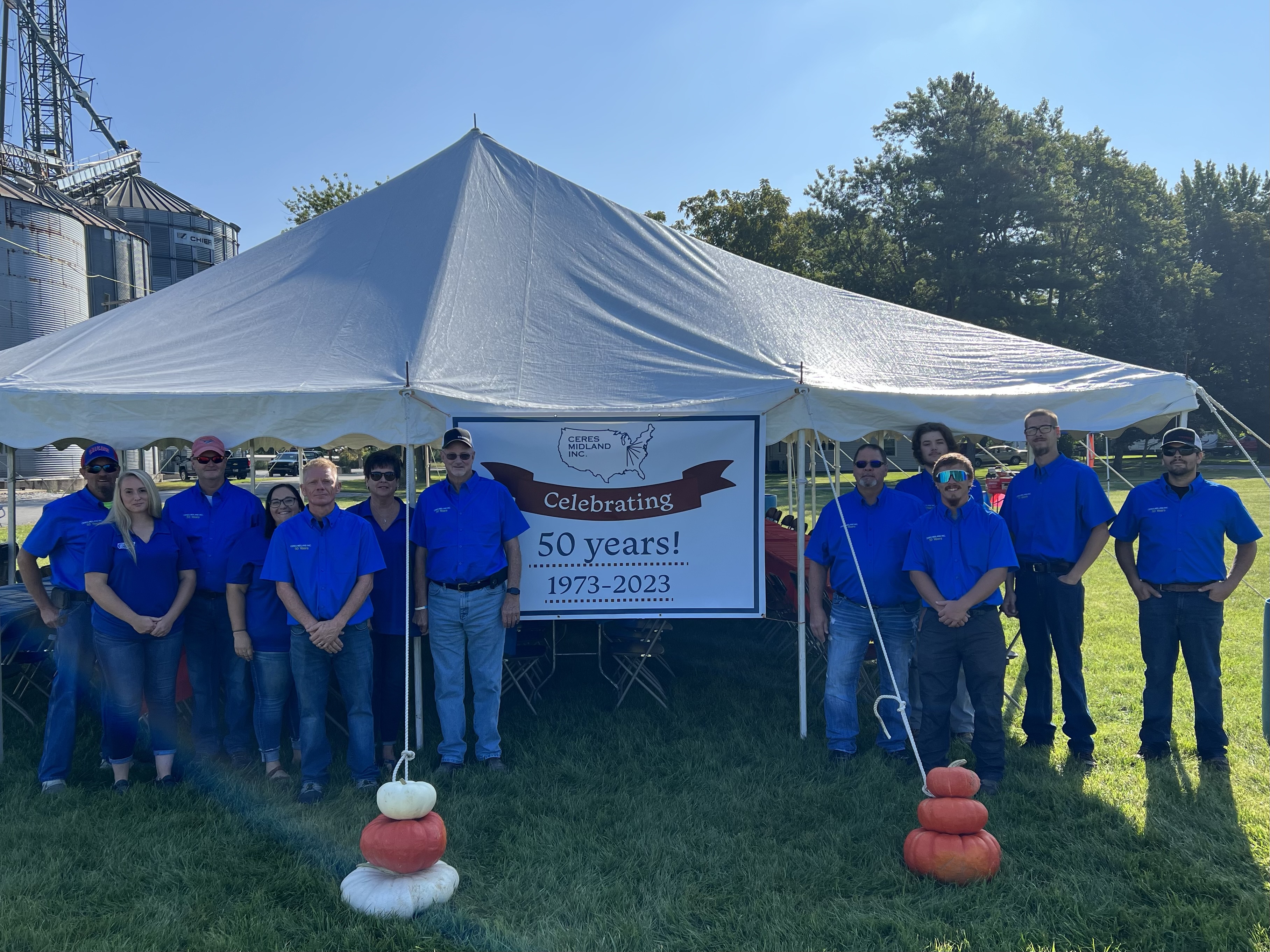| |
Trump to Host Philippine President 07/11 06:04
MANILA, Philippines (AP) -- President Donald Trump will host his Philippine
counterpart in the White House "very soon" to discuss how the longtime treaty
allies can further deepen their security and economic engagements, the
Philippine ambassador to the U.S. said Friday.
No date has been specified for President Ferdinand Marcos Jr.'s meeting with
Trump in Washington but Ambassador Jose Manuel Romualdez said that it would
happen "very soon" this month. The allies have boosted mutual defense
engagements, including large-scale combat exercises in the Philippines, to
strengthen deterrence against China's increasingly aggressive actions in the
region.
Among the proposed topics for discussion is strengthening "peace through
deterrence," Romualdez told The Associated Press by telephone, echoing Defense
Secretary Pete Hegseth 's remarks about the U.S. military's plan to ratchet up
deterrence against China's increasingly assertive actions in the disputed South
China Sea by intensifying military and defense engagements with the Philippines
and allied nations in the region.
U.S. Secretary of State Marco Rubio met his Japanese and Philippine
counterparts in a meeting Thursday on the sidelines of the Association of
Southeast Asian Nations' annual ministerial meetings in Malaysia. The U.S.,
Japan and the Philippines have been building a trilateral bloc to broaden
security and economic cooperation.
"We have a great relationship with Japan and the Philippines and work
closely with them on the economic corridor, on maritime security and
territorial integrity and continue to build upon that partnership," Rubio said
after his meeting in Malaysia with Japanese Foreign Minister Takeshi Iwaya and
Philippine Foreign Secretary Theresa Lazaro. Washington looks "forward to
hosting the president of the Philippines in Washington in a few days."
The U.S. has repeatedly warned that it is obligated to defend the
Philippines, its oldest treaty ally in Asia, if Filipino forces, ships or
aircraft come under armed attack, including in the South China Sea. China, the
Philippines, Vietnam, Malaysia, Brunei and Taiwan have been involved in
long-unresolved territorial conflicts in the busy sea passage, a key global
trade route.
Japan also has a separate territorial conflict with China over small,
Japanese-controlled islands in the East China Sea.
|
|
